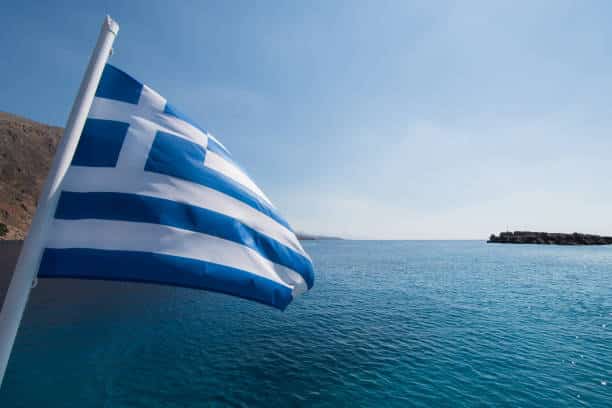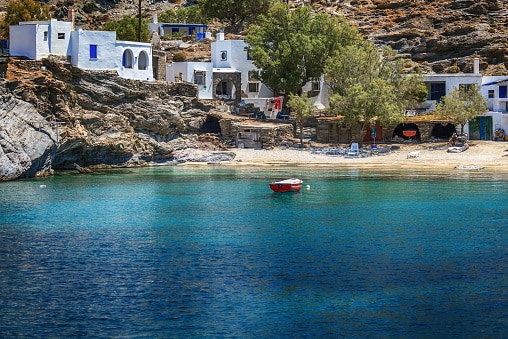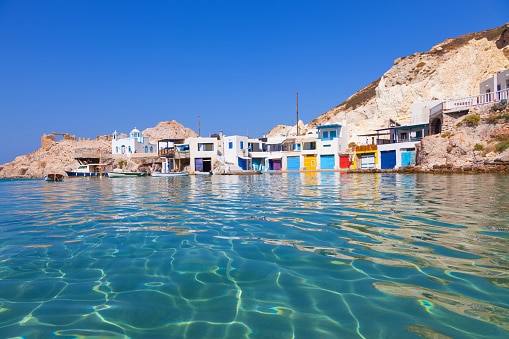
It would be a huge understatement to say that Greece is used to economic peaks and troughs.
But it is also fast getting to be a dab hand at recovery.
Decade of Misery
The country economically flatlined after the global financial crisis in the late noughties – wreaking hugely damaging cuts and austerity measures on the population and ushering in a decade of misery which saw Greece tap the dreaded EU/European Central Bank/IMF ‘troika’ for a whopping €289bn in aid, across three separate bailout programmes.
By contrast, Ireland’s own damaging, painful and costly troika bailout – of €67.5bn – covered ‘just’ three years and one bailout package.
Greece’s debt crisis – leading to a real threat of it becoming the first EU member state to jump ship, and in turn threatening the stability of the EU as a whole, with the term Grexit being termed (all this before Brexit and the UK’s eventual exit) – lasted from 2010 to 2018, during which time a quarter of the country’s GDP was lost.
It wasn’t until 2017 when the country’s economy returned to some level of growth.
Troika’s Exit
Only last weekend, did the troika finally formally leave Greece – after a number of years of post-bailout surveillance and 12 years after the first bailout package was agreed.
And, it will keep monitoring the country until the last of its loans are paid back, roughly by around 2070.
Covid-19 and Tourism Rebound
Just when Greece seemed to be on the mend, Covid-19 halted it – and pretty much every other country in the world – in its tracks and its government had to pump nearly €18bn to support the freshly ailing economy.
While Greece’s prime minister Kyriakos Mitsotakis has warned State supports and tourism may not be enough to shield the economy against a prolonged inflation/cost of living crisis, it is exactly the latter – bulging tourism revenues – which have powered Greece’s recent economic rebound.
Greece’s economy is now expected to grow by nearly 6% this year, driven by better-than-expected tourism reveneus.
Economists at UBS expect 5.7% GDP growth, this year, as opposed to an earlier estimate of 4%. This growth would be largely down to tourism revenues reaching around €20bn this year – €5bn higher than originally expected – and nearly double what was generated last year.
The forecasts for Greek growth this year are across the board. The European Commission, itself, has Greece’s economy growing at 4% this year, in its official projections.
That would be nearly double the projected eurozone average.
Tourism is the main positive factor surrounding the Greek economy, at present, according to UBS. It sees the main economic risks to Greece coming from a decline in business sentiment and a potential energy crisis triggered by any disruption to gas flows into Europe.

New Approach
Greece’s department of tourism has begun promoting some of its lesser-known islands over some of its more popular holiday attractions in a bid to avoid over-tourism as international travel returns to pre-pandemic levels of demand.
While the new Greece: If you Come Even Once, You Will Want to Stay Forever campaign covers the usual popular spots, it makes a point of highlighting lesser-visited areas too.
“Alternative destinations. So many of them: 124 inhabited islands. Yes, of course it’s about Mykonos and Santorini and Corfu and Crete, but there are so many other destinations,” Greece’s tourism minister Vasilis Kikilias said in an interview with Breaking Travel News.






